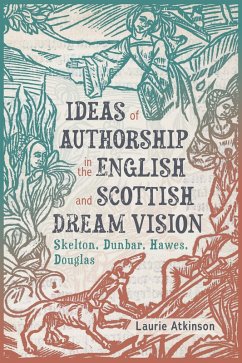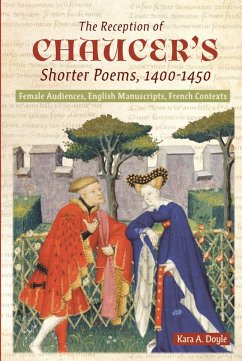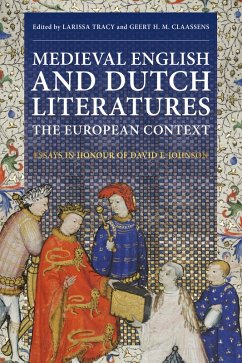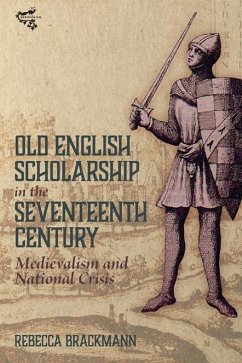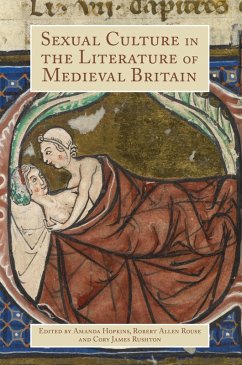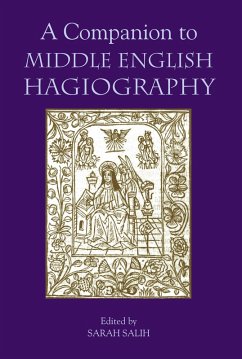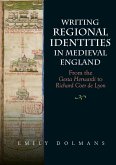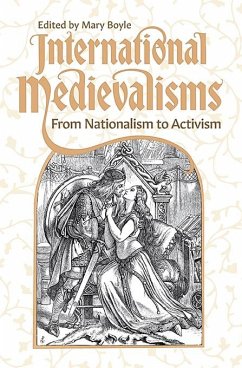An investigation of English and Scottish dream visions written on the cusp of the "Renaissance", teasing out distinctive ideas of authorship which informed their design.
The fifteenth and sixteenth centuries have long been acknowledged as a period of profound change in ideas of authorship, in which a transition from a "medieval" to a "modern" paradigm took place. In England and Scotland, changing approaches to Chaucer have rightly been considered as a catalyst for the elevation of English as a literary language and the birth of an English literary history. There is a tendency, however, when moving from Chaucer's self-professed poetic followers of this time to the philological approach associated with William Caxton and the 1532 Works, to pass over the literary careers of the English and Scots poets belonging to the intervening half-century: John Skelton, William Dunbar, Stephen Hawes, and Gavin Douglas.
This volume redresses that neglect. Its close and comparative readings of these poets' stimulating but critically neglected dream visions and related first-person narratives reveal a spectrum of ideas of authorship: four distinct engagements with tradition and opportunity, united by their utilisation of a particular form. It regards authorship as a topic of invention, a discourse for appropriation, which is available to but not inevitable in late medieval and early modern writing. Overall, it facilitates newly focussed study of an often obscured literary-historical period, one with a heightened interest in the authors of the past - Chaucer, Lydgate, Petrarch, Virgil - but also an increasingly acute perception of the conditions of authorship in the present.
The fifteenth and sixteenth centuries have long been acknowledged as a period of profound change in ideas of authorship, in which a transition from a "medieval" to a "modern" paradigm took place. In England and Scotland, changing approaches to Chaucer have rightly been considered as a catalyst for the elevation of English as a literary language and the birth of an English literary history. There is a tendency, however, when moving from Chaucer's self-professed poetic followers of this time to the philological approach associated with William Caxton and the 1532 Works, to pass over the literary careers of the English and Scots poets belonging to the intervening half-century: John Skelton, William Dunbar, Stephen Hawes, and Gavin Douglas.
This volume redresses that neglect. Its close and comparative readings of these poets' stimulating but critically neglected dream visions and related first-person narratives reveal a spectrum of ideas of authorship: four distinct engagements with tradition and opportunity, united by their utilisation of a particular form. It regards authorship as a topic of invention, a discourse for appropriation, which is available to but not inevitable in late medieval and early modern writing. Overall, it facilitates newly focussed study of an often obscured literary-historical period, one with a heightened interest in the authors of the past - Chaucer, Lydgate, Petrarch, Virgil - but also an increasingly acute perception of the conditions of authorship in the present.
Dieser Download kann aus rechtlichen Gründen nur mit Rechnungsadresse in A, D ausgeliefert werden.

